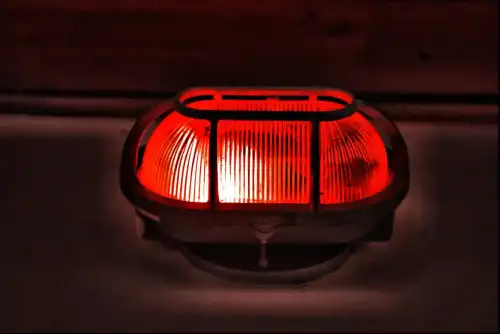
Celiac.com 03/05/2019 - Doctors commonly suggest celiac screening for anyone with a family history of celiac disease, or of disorders such as thyroid disease, anemia of unknown cause, type I diabetes or other immune disorders or Downs syndrome. Otherwise, patients are generally screened on a case by case basis according to individual symptoms.
Blood Testing - Antibodies Point to Celiac Disease
Screening for celiac disease usually begins with a blood test.
Celiac.com Sponsor (A12):
People with celiac disease have abnormally high levels of associated antibodies, including one or more of the following: anti-gliadin, anti-endomysium and anti-tissue transglutaminase, and damage to the villi (shortening and villous flattening) in the lamina propria and crypt regions of their intestines when they eat specific food-grain antigens (toxic amino acid sequences) that are found in wheat, rye, and barley. Antibodies are the specialized proteins the immune system uses to break down and eliminate foreign substances from the body. In people with celiac disease, the immune system treats gluten as a foreign invader and produces elevated levels of antibodies to get rid of it, causing symptoms and associated discomfort.
Testing for Celiac Antibodies
A blood test, such as anti-tissue transglutaminase and anti-endomysial antibodies, can detect abnormally high antibody levels, and is often used in the initial detection of celiac in people who are most likely to have the disease, and for those who may need further evaluation. Since the immune system of a person with celiac treats gluten as a foreign substance and increases the number of antibodies, elevated levels of these antibodies are a sign of celiac disease.
Genetic Testing
Celiac disease is influenced, but not determined, by genetics. That means that susceptibility to celiac disease can be inherited, but the disease itself is not inherited. At least two genes, HLA-DQ2, HLA-DQ8, play a major role in celiac disease susceptibility. About 95% of people with celiac disease have the HLA-DQ2 gene and most of the remaining 5% have the HLA-DQ8 gene. A number of genetic testing services can tell you whether you have these genes. Some will test specifically for celiac genetics, others will test for celiac genetics as part of a general test. Genetic testing can help to indicate whether you might have a greater risk for celiac disease.
Clinical Celiac Testing
Typically, initial blood screening for celiac disease is done at a doctor’s office or at a clinic. Typically, such tests are ordered by a physician for patients who show symptoms, and/or a family history of celiac disease. If the results are positive, doctors will usually seek to confirm the diagnosis with a biopsy.
Home Test Kits for Celiac Disease
In the last several years, a number of accurate, reliable home test kits for celiac disease have come onto the market. Some of these kits deliver quick results in the home, while others require the consumer to mail the sample to a lab and receive the results later. Some mail-in kits use the same tests and labs as clinics do.
Home test kits can offer convenience, confidentiality, and savings to consumers. They can also provide confidence for people, with or without symptoms, who believe they may have celiac disease. It’s not a good idea to use home test kits to diagnose celiac disease. As with clinical test results, positive results from home test kits should be confirmed by a doctor, and proper diagnosis and care should be initiated.
Confirming Celiac Diagnosis
To confirm a diagnosis of celiac disease, your doctor will likely want to do a biopsy. That’s where they visually examine a the small intestine to check for celiac-related damage. To do this, your doctor inserts an endoscope, a thin flexible tube, through your mouth, esophagus and stomach into your small intestine. The doctor then takes a sample of intestinal tissue to look for damage to the villi, the tiny, hair-like projections in the walls of the small intestine that absorb vitamins, minerals and other nutrients. If the biopsy shows celiac-associated damage, the doctor will confirm the diagnosis and encourage you to adopt a gluten-free diet.










Recommended Comments
Create an account or sign in to comment
You need to be a member in order to leave a comment
Create an account
Sign up for a new account in our community. It's easy!
Register a new accountSign in
Already have an account? Sign in here.
Sign In Now